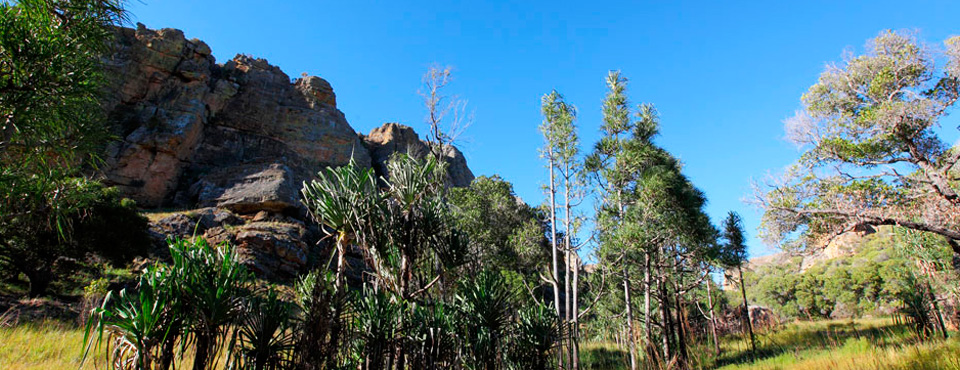Some Hints For Successful Eco Tourism in Madagascar
Tourism can become Madagascar's biggest industry. The key is developing tourism in a responsible manner. The last thing the Malagasy need are a bunch of y Westerners spoiling the environment and ruining the culture of Madagascar. Here are aour views on responsible eco-tourism
Ecotourism may be the best hope for Madagascar to improve the standard of living for its people and indeed ecotourism is growing in the country: according to the Bradt guide around 50 percent of visitors to Madagascar now visit a protected area when they come to the country (up from 20 percent in 1995). Responsibly managed ecotourism can generate substantial amounts of revenue and employ large numbers of local people without causing significant environmental damage. And because ecotourists pay to see a country's natural beauty it gives local people a direct incentive to conserve the environment around them. Ecotourism can help assign value to an ecosystem, and most ecotourists are willing to pay directly for preservation in the form of park entrance fees and the hiring of local guides.
In Madagascar local communities benefit directly from ecotourism through their 50 percent share of park entrance fees (park entry fees are divided equally between ANGAP and local communities), sales of handicrafts and "tourist items," and employment as porters, wildlife guides, park rangers, and workers in the service force of hotels, restaurants, and lodges. The guide-training programs (ANGAP has a three-year program for new guides) help the local community as a whole through the education of its members. With an education and an understanding of multiple languages, children in the community will have better opportunities in the future.
To be sustainable, ecotourism requires careful planning and strict guidelines; short-term development can doom ecosystems and communities just as unsustainable logging does. Too many people, inadequate facilities, and poor park management can spell the end for the "eco" in ecotourism. Ecotourism, when carried out in a sustainable fashion, can benefit local people, the economy, and the environment. Ecotourism should not be restricted to legally protected areas, but also be promoted in natural areas that lack protection. The presence of tourists, when properly managed, can protect an area from certain over-exploitive activities
Malagasy tourists need to show respect for their environment as well when they travel to other parts of Madagascar. There's nothing that will rile an ecotourist faster than watching other tourists littering the ground with their trash and cigarette butts. We vstrive to keep our Keep our ecotourists happy, discourage littering and ruining the environment and culture of the country.
Booking Online
GDS CODES:
Amadeus : ON RLRISA
Sabre : ON 166706
Galileo : ON 72707
Worldspan : ON RLRIS
Country code: MG
Continent: Africa
Capital: Antananarivo
Languages: French, Malagasy
Airport related : TNR - TLE - RNR - MOQ
Electricity: 220V/50Hz
Currency :
Malagasy Ariary : MGA
Calculator
Credit Cards accepted: VISA
UTC/GMT : + 3 hours



